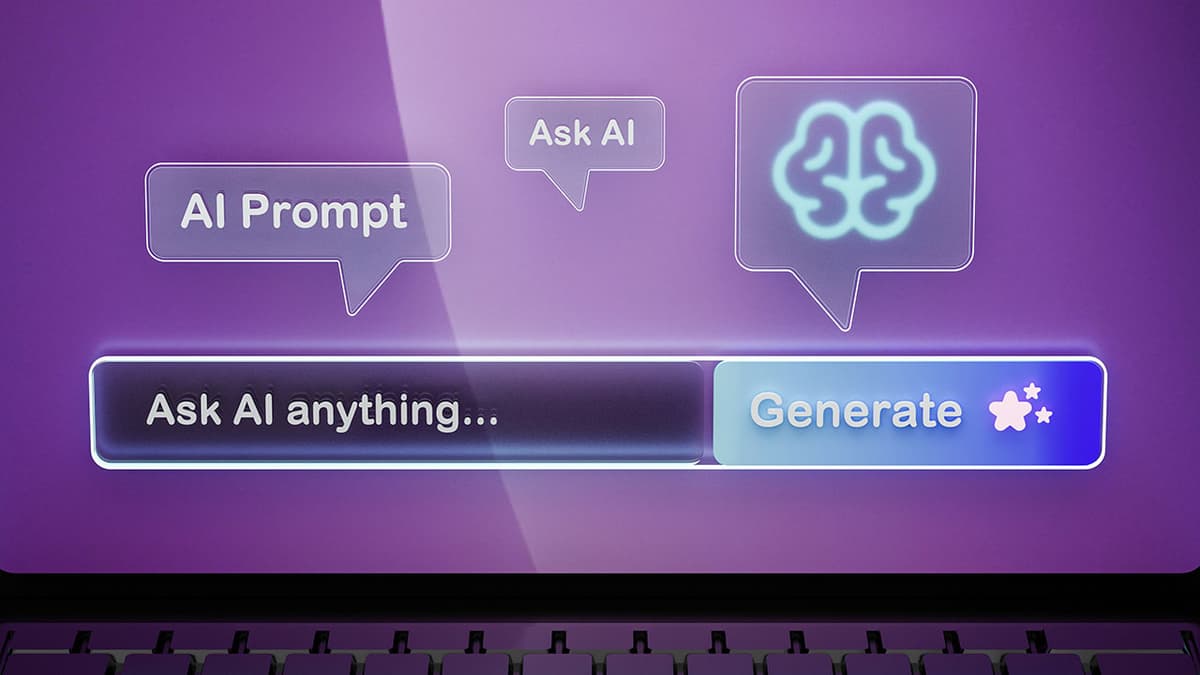Natural Language Processing: An Introduction
Natural Language Processing (NLP) is a branch of artificial intelligence (AI) that focuses on the interaction between computers and human language. It includes techniques and technologies that enable machines to understand, analyze, and generate human language, aiming for a level of understanding akin to that of humans. NLP is gaining importance due to its applications in industries such as healthcare, finance, and customer service.
What is NLP?
NLP connects human communication with computer understanding. It enables machines to process and interpret text and speech. This involves applying computational algorithms and models to human language data. NLP systems use machine learning and linguistic principles to perform tasks like language translation, sentiment analysis, speech recognition, and text summarization.
The field has advanced due to the availability of data, improved computational power, and advancements in machine learning. Today, NLP is crucial in AI research and enhances machines’ ability to understand human language effectively.
Applications of NLP
NLP has diverse applications across various sectors. Here are some significant use cases:
-
Virtual Assistants: Virtual assistants utilize NLP to understand and respond to user queries. They can perform tasks like setting reminders, providing weather updates, and playing music through natural language interactions.
-
Text Analysis and Sentiment Analysis: NLP analyzes large volumes of text data, such as customer reviews and news articles. Sentiment analysis helps businesses gauge customer opinions, driving data-informed decision-making.
-
Machine Translation: NLP is vital in machine translation systems, allowing users to convert text or speech from one language to another. These systems interpret sentence structures and meanings in different languages to provide accurate translations.
-
Information Extraction: NLP extracts relevant information from unstructured text data, like names, locations, and dates. This is beneficial in finance for making informed investment decisions by analyzing data from reports and articles.
-
Chatbots and Customer Support: NLP powers chatbots for automated customer support, enabling them to understand user queries and provide relevant responses. This enhances customer service efficiency and satisfaction.
-
Speech Recognition: NLP techniques are used in speech recognition systems, converting spoken language into written text. This technology is used in voice assistants, transcription services, and voice-controlled devices.
The Future of NLP
NLP's future is promising, with expanding applications. The integration of NLP with other AI technologies, such as machine learning and deep learning, drives innovation across industries.
In healthcare, NLP analyzes medical records to assist in diagnosis and treatment, potentially improving patient outcomes. In finance, it evaluates news and social media sentiment to inform investment strategies. In education, NLP contributes to automated grading, personalized learning, and intelligent tutoring.
While the potential of NLP is vast, challenges persist. These include understanding context, sarcasm, and ambiguity in human language, along with addressing ethical considerations related to privacy and bias.
Natural Language Processing enables machines to understand, analyze, and generate human language effectively. Its applications span various industries and continue to evolve with technological advancements. NLP is transforming domains from virtual assistants to sentiment analysis and machine translation, paving the way for more seamless human-machine interactions.












